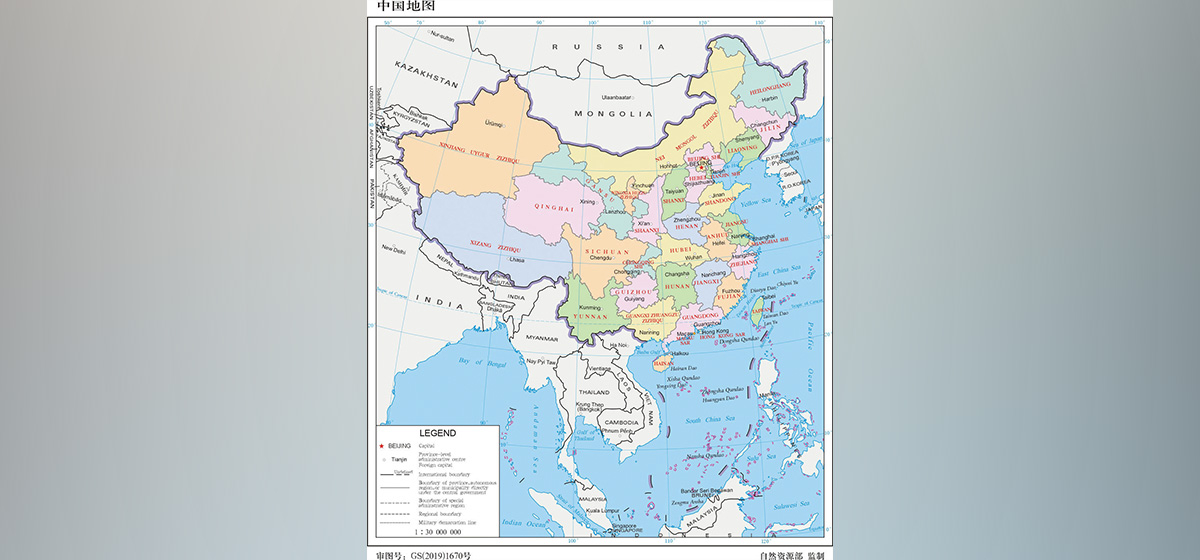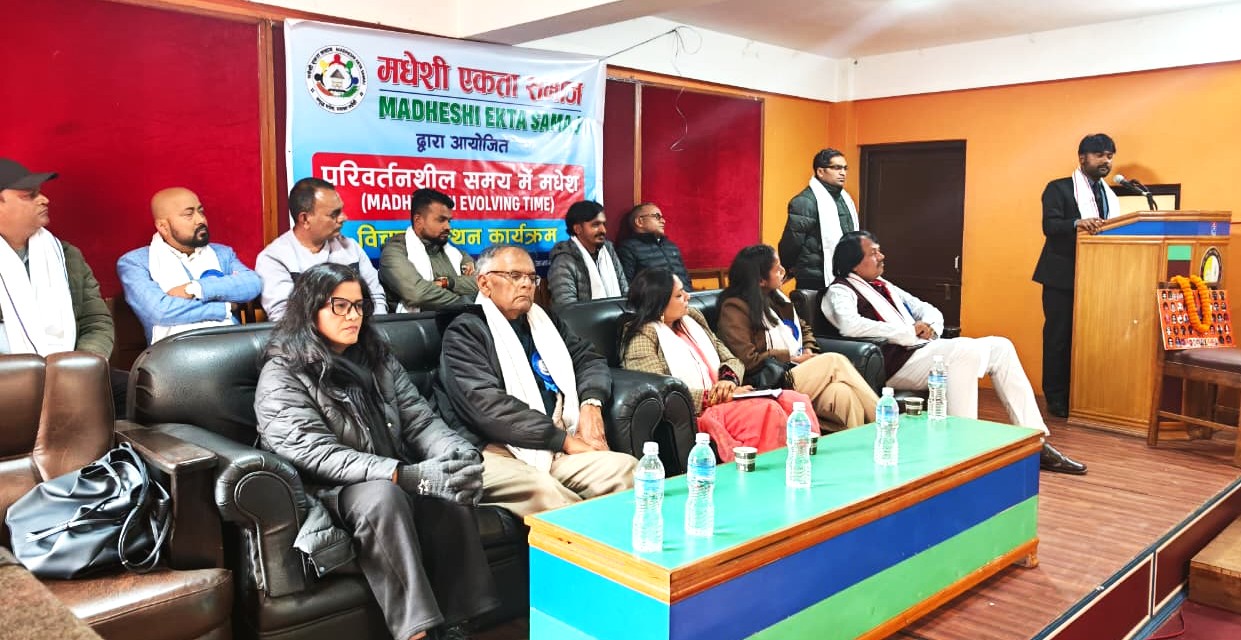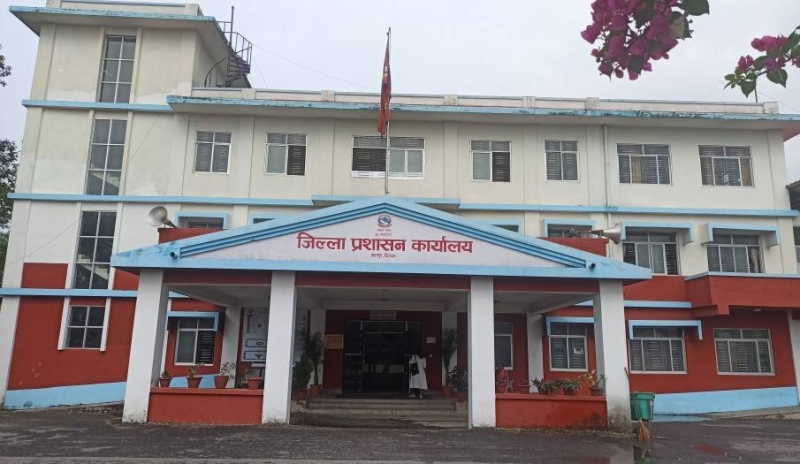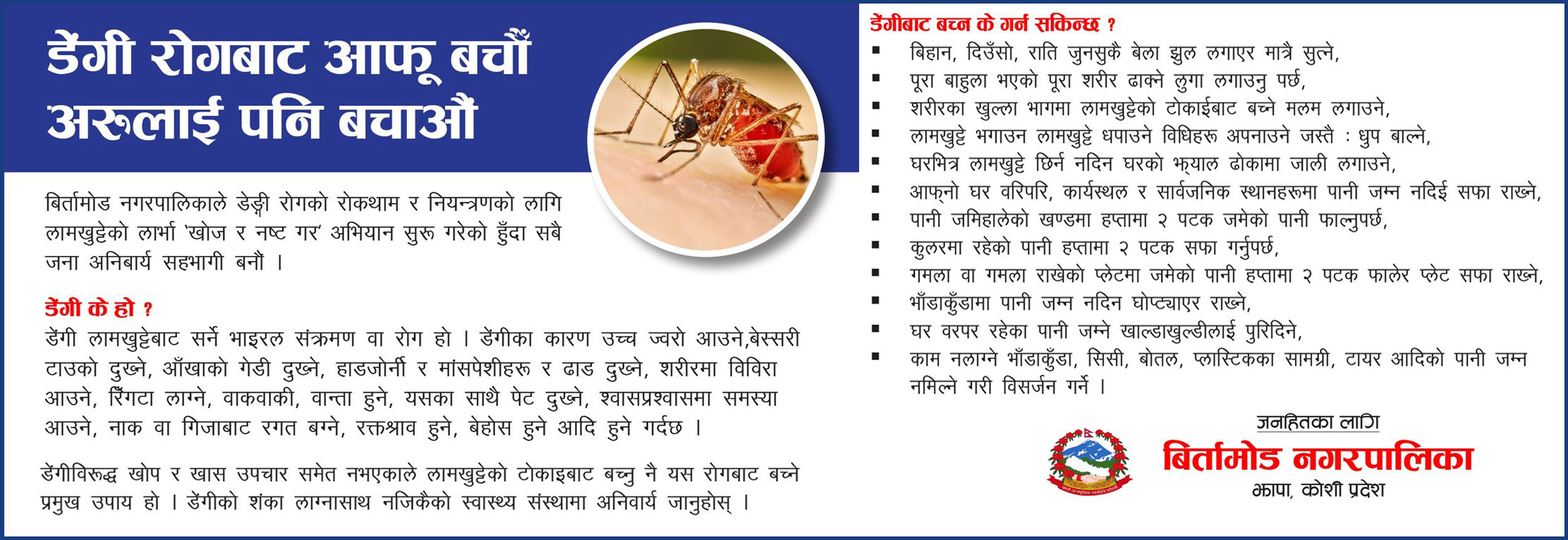
KATHMANDU : Experts have highlighted concerns over the Chinese government’s apparent disregard for Nepal’s updated political map, released three years ago. These experts attribute this neglect to what they view as Nepal’s weak diplomatic efforts. The new political map issued by China appears to disconnect from Nepal’s revised political boundaries, instead featuring Nepal’s outdated territorial depiction. This situation underscores a lack of acknowledgment by China of Nepal’s revised political cartography.
Buddhi Narayan Shrestha, a border expert, expressed his viewpoint, emphasizing that Nepal’s government should have formally communicated the changes in the political map to China after its release. The omission of this diplomatic step, according to Shrestha, signifies a diplomatic shortcoming on the part of Nepal. Shrestha says that had Nepal’s government effectively informed China of the updated map, it could have bolstered its diplomatic standing. He argues that China’s apparent disregard stems from Nepal’s failure to extend proper formal communication.
Shrestha stated, “While unofficially, the Chinese government might have been aware of Nepal’s new political map, the lack of an official communication letter led to the persistence of the previous Nepal map along the border.”
An official from Nepal’s Ministry of Land Management revealed that plans were formulated to dispatch the new political map to the United Nations and various diplomatic missions in Nepal via the Ministry of Foreign Affairs. This initiative involved translating the new map into English. However, this version of the map wasn’t transmitted to its intended recipients. The ministry’s employee expressed uncertainty about whether the map reached foreign diplomatic missions.
The Survey Department also took measures to ensure the new map’s distribution to diplomatic bodies in different countries. A senior department official reported, “Following the map’s release, we formally urged the Ministry of Foreign Affairs to disseminate it to diplomatic entities, including the United Nations. However, it appears that the Ministry of Foreign Affairs did not do that.”
Damodar Dhakal, the department’s information officer, admitted to lacking information about whether the Nepal government’s updated political map had been forwarded to the United Nations and various other diplomatic bodies. Meanwhile, an additional department staff member confirmed that they had also forwarded the map to Google. Nevertheless, they remained unaware of the extent to which the Ministry of Foreign Affairs had fulfilled its role in transmitting the map to international diplomatic entities.
The release of Nepal’s new political map in May 2020, encompassing territories like Kalapani, Lipulekh, and Limpiyadhura, was a significant move. This came after the State Affairs and Good Governance Committee of Nepal’s Parliament instructed the government to unveil a fresh map that incorporated the region of Limpiyadhura in 2076 BS.
Identifying Limpiyadhura as the origin of the Mahakali River, the committee issued three directives to the government to draft a new map encompassing Limpiyadhura, Lipulekh, and Kalapani. This course of action was prompted by India’s release of a map including Nepali territories.
The updated political map incorporates roughly 335 square kilometers of land contested by India. The map incorporates Gunji, Nabi, and Kuti villages, which were absent from the previous version issued in 2032 BS. The Survey Department collaborated to create the new map by harmonizing scale, projection systems, and coordinate systems. Technicians from the department asserted that the map aligns with the land demarcated for Nepal by the Sugauli Treaty of 1816.
Pending release of Nepal’s official area according to new political map
The government has yet to unveil the official area of Nepal in accordance with the revised political map. Soon after the map’s release in July 2020, the Ministry of Land Management issued written instructions to the Survey Department to calculate Nepal’s official area using the new map as a reference. Following the ministry’s directive, the department employed the Geographic Information System (GIS) to measure Nepal’s area as depicted in the updated political map. A comprehensive report detailing the measurements was submitted to the ministry in October 2020.
Remarkably, the contents of this report have been maintained in a confidential manner, not being released for public consumption. Insider sources indicate that the technicians at the department utilized GIS to measure the new political map’s depiction of Nepal’s area. A senior department official emphasized that it was feasible to measure the actual area using the GIS system without necessitating physical fieldwork. Reportedly, the map’s portrayal indicates Nepal’s area to be 148,007 square kilometers, as communicated by a reliable source within the ministry.
In contrast, the previous area measurement for Nepal stood at 147,181 square kilometers. Sources with connections to the Ministry of Land Management divulged that upon receipt of the department’s report in 2020, senior personnel from the ministry engaged in discussions with counterparts from the Ministry of Foreign Affairs concerning the potential public release of the revised area measurement.
Republica





